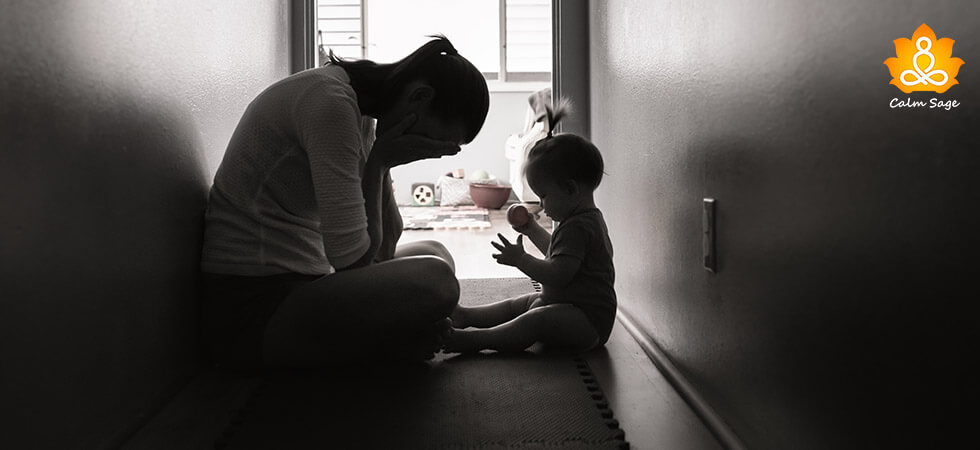Alfred Adler’s Birth Order Theory: How True Is It?

It might not come as a surprise anymore to hear someone comment with phrases and terms like, “Oh, that’s just the oldest child syndrome” or “middle-child syndrome” when you see someone behaving to seek attention. I, too, have wondered why my sibling and I had such contrasting personalities, despite growing up in the same house, with the same set of parents.
Turns out, the answer lies in our birth order – the sequence in which we breathed into this world. Surprised? Well, this birth order theory was first introduced by Austrian psychologist Alfred Adler in the early 20th century.
Adler believed that the order in which we are born can significantly influence our personality. He believed that each child’s order in the family tree shaped their behavior, attitude, and even the way they approached life.
Sounds interesting, but how true is this birth order theory? Can our birth order truly influence our personality? Let’s find some answers!
Can Your Birth Order Influence Your Personality?
Adler’s theory states that your birth order and number of siblings you have, can impact your personality. He claimed that the way you’re viewed by your family is more important than your numerical birth order, which might be different. Say, for instance, you might be a middle child but have an older child’s responsibilities.
A 2015 review found that firstborn children were more likely to have high IQs than children in other birth orders. However, researchers couldn’t find differences between older children and others following traits such as extraversion, imagination, etc. A 2018 article suggested that firstborn children were likely to have traits such as persistence and emotional stability.
Let’s take a look at the distinct personality traits associated with different birth orders.
1. Older Child Personality
If you’re the older child in the family, then you might have leadership traits. Older children often develop a sense of responsibility and might have traits such as high confidence, leadership skills, and a strong desire to achieve.
Growing up, an older child gets the parents’ undivided attention, and that can make you more mature and inclined to approval-seeking behavior. The older children, Alder believed, had higher expectations placed on them and tended to be more authoritative, controlling, and reliable.
2. Middle Child Personality
Middle children are said to be the negotiators and peacemakers of the family. Being sandwiched between the older and younger siblings, the middle child can quickly learn the art of compromising.
Middle children, Alder believed, had stronger social skills, adaptability, and a knack for mediation. They are also said to be empathetic and team players. However, middle children can become competitive and rebel against all.
3. Younger Child Personality
Being the baby or babies of the family, younger children are often pampered and doted upon – by parents and siblings alike. Younger children typically show traits such as charm, creativity, and a laid-back personality.
Growing up observing the older siblings, younger ones can be more outgoing, sociable, and adaptable. However, they might also feel inadequate, seek attention, and be self-centered at times.
4. Only Child Personality
Now, if you’re the only child of the family, then you have the sole attention of your parents and because of that, you tend to be independent and self-reliant. Only children typically have high imagination and can learn to entertain themselves without others’ company.
Only children might show traits such as high confidence, high achievement orientation, and comfort with solitude. On the other hand, only children might struggle with sharing attention and cooperating with others on occasion.
Birth Order & Mental Health: Is There a Connection?
Your birth order can shape your personality, but before you agree with the birth order theory, you need to understand that individual personality traits and differences can play a major role in shaping your personality. Factors such as parenting styles, attachment styles, genetics, and even life experiences can contribute to your personality development.
Studies over the years have shown the connection between birth order and mental health. Some studies even suggest a correlation between birth order position and specific mental health traits.
For example, some studies suggest that firstborns might be more prone to perfectionism and anxiety caused by parental expectations. In contrast, middle children might develop skills such as resilience and adaptability, while younger siblings might struggle with a fear of failure and inadequacy.
A 2021 study found that younger siblings were less likely to struggle with emotional and attention problems. This group of siblings also scored higher on social skills and resilience, while middle siblings reported low levels of happiness.
A 2019 study refuted Adler’s birth order theory, saying that firstborn children are more likely to be “neurotic”. Firstborn order was also associated with increased rates of suicide attempts, as well as psychiatric disorders. A 2015 study suggested that firstborns were more likely to struggle with emotional stability.
We need to approach this birth order theory with caution, as many factors can influence mental health, not just one’s birth order. While your birth order may contribute to some personality traits of yours, it might not have anything to do with mental health.
Wrapping Up…
So, is your birth order important? Can it influence your personality? Well, birth order can play a major role in shaping your personality – or at least some aspects of it – but it’s not the only determining factor. Your life experiences, genes, and the environment you’ve grown up in can greatly contribute to who you are as a person – or who you might turn out to be.
Understanding the influence of birth order can give you some insight into family dynamics and relationships, but it should be approached with an open mind and caution.
So, the next time someone comments on your personality and birth order, or you find yourself contemplating your siblings’ behaviors and attitudes, consider Alfred Adler’s’ birth order theory – and who knows – your order of entering this world might just hold the key to the mystery of your personality!
Did you enjoy reading about Alfred Adler’s Birth Order Theory of Personality? Let me know your thoughts and views on birth order and personality traits in the comments below.
Take Care!




















